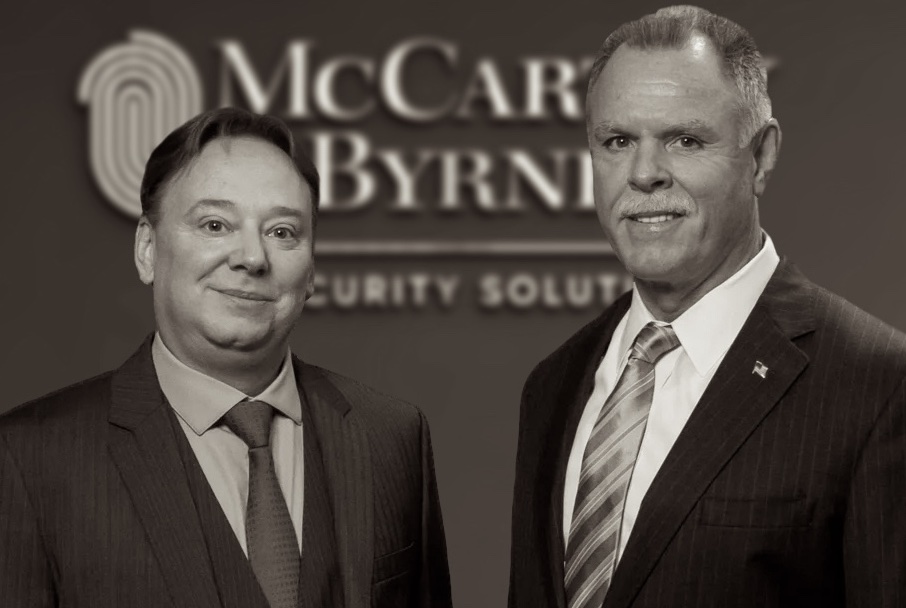It involves the ability to lead and manage officers, develop and implement policies and procedures, and work with community leaders to build trust and cooperation. Effective police leadership is essential for maintaining the integrity of the department, promoting public safety, and ensuring that officers are equipped to carry out their duties in a professional and efficient manner.
One of the key aspects of police leadership is the ability to lead and manage officers. This involves setting clear expectations for performance, providing training and development opportunities, and holding officers accountable for their actions. Additionally, police leaders must be able to communicate effectively with their officers and provide guidance and support when needed.
Another important aspect of police leadership is the development and implementation of policies and procedures. This includes creating standard operating procedures, developing training programs, and ensuring that officers are equipped with the necessary tools and resources to carry out their duties. Police leaders must also be able to evaluate and update policies and procedures as needed in order to keep up with changes in technology, legislation, and best practices.
In addition to leading and managing officers and developing policies, police leaders must also work with community leaders to build trust and cooperation. This includes building relationships with community leaders, listening to community concerns, and working to address those concerns in a transparent and responsive manner. This can be especially important in building trust with communities that have had a history of tension with law enforcement.
Effective police leadership also involves understanding and embracing the principles of community policing, which focuses on building positive relationships with the community, involving community members in problem-solving, and working to prevent crime and disorder. This approach is based on the idea that the police and community should work together to address public safety concerns and create a sense of shared responsibility for the well-being of the community.
Effective police leadership is also about being able to inspire and motivate officers to do their best work, which includes promoting a culture of integrity and accountability, fostering a sense of teamwork and collaboration, and recognizing and rewarding excellence.
In conclusion, police leadership is a multifaceted and challenging task that requires a combination of technical knowledge, leadership skills, and the ability to build relationships with officers, community members, and other stakeholders. It is essential for maintaining the integrity of the department, promoting public safety, and ensuring that officers are equipped to carry out their duties in a professional and efficient manner. An effective leader in law enforcement can bring about positive changes, both within the department and in the community.
